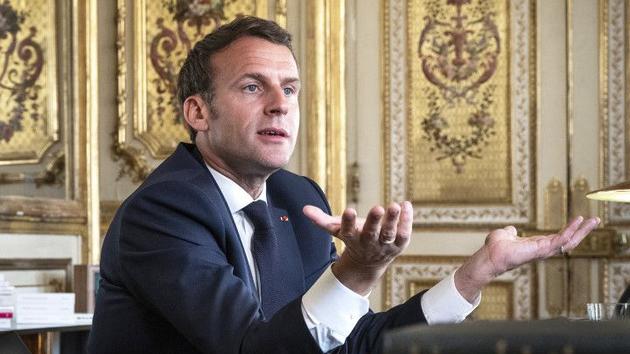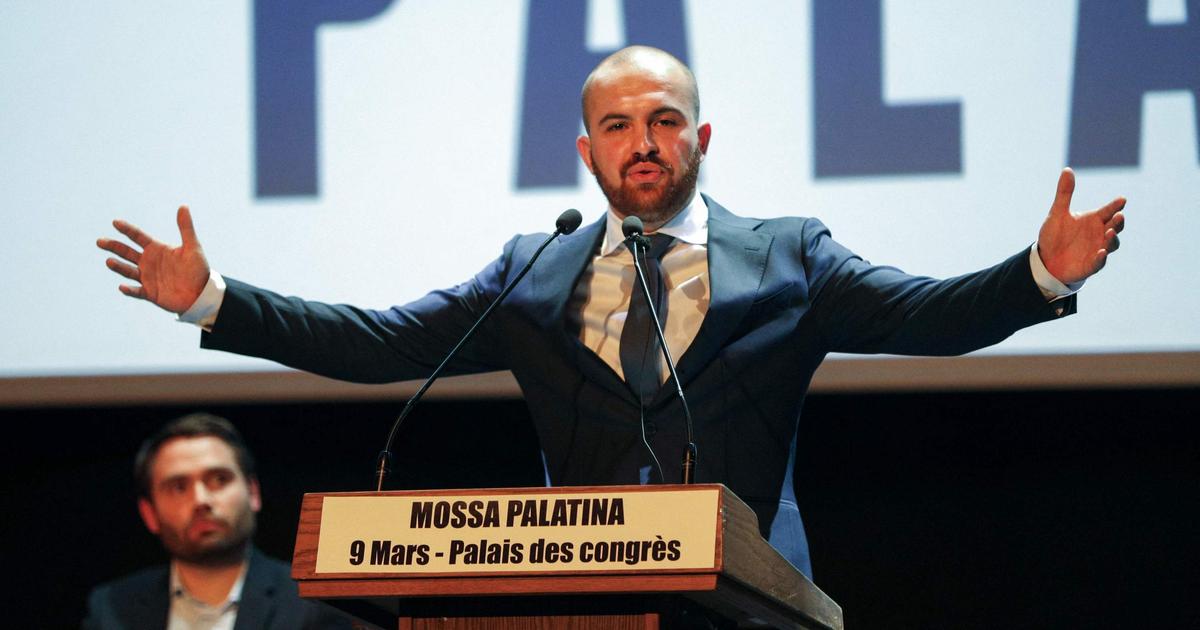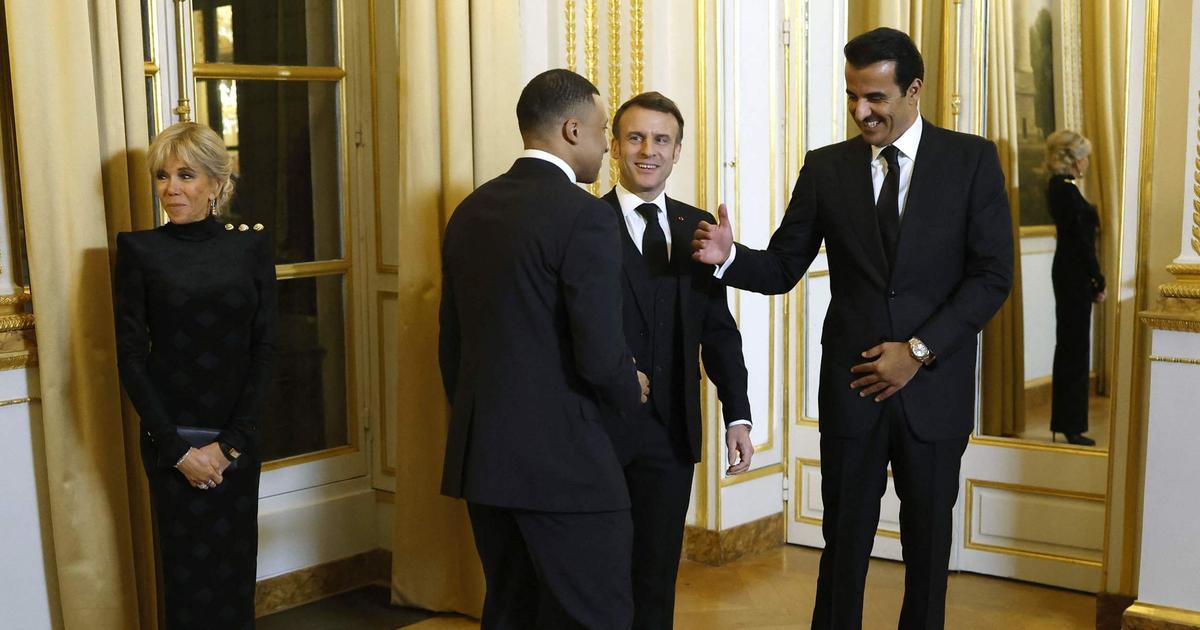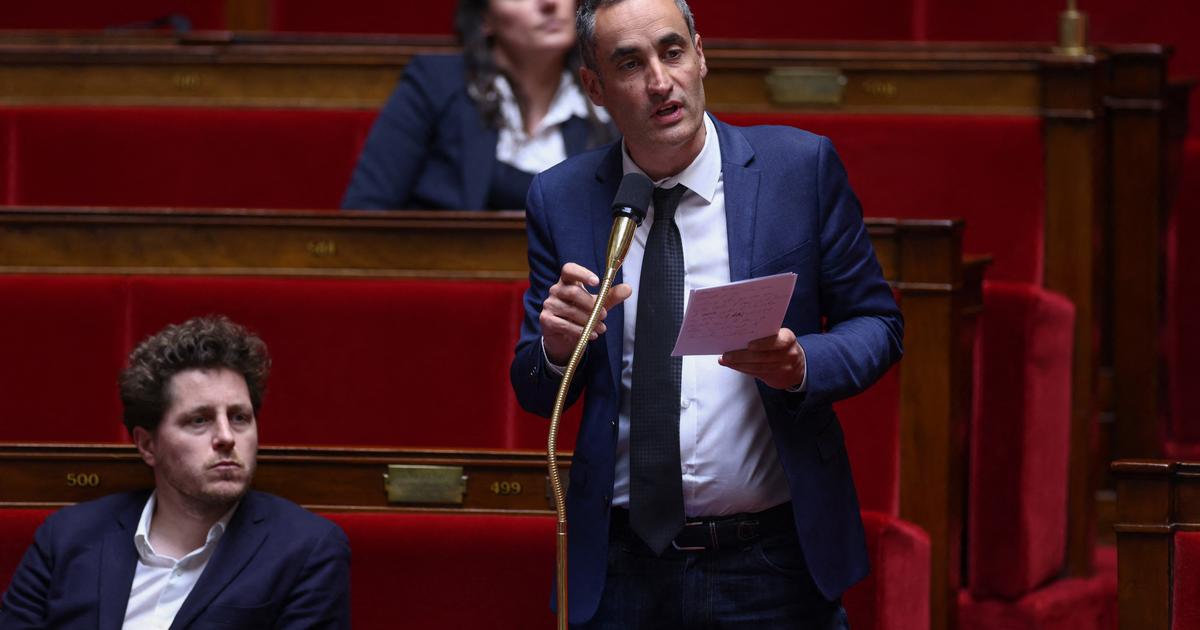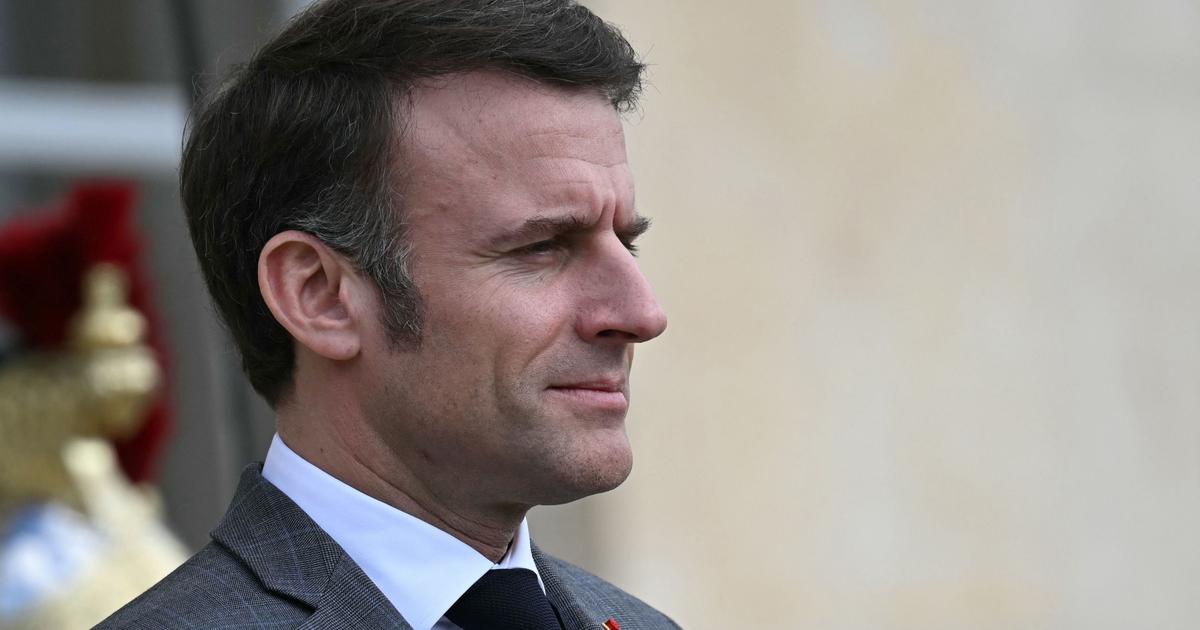Nicolas Goetzmann is responsible for research and macroeconomic strategy at Financière de la Cité.
FIGAROVOX.- In his interview with the Financial Times , Emmanuel Macron said he feared that this crisis would benefit the "populists". Do you think this scenario is possible?
Nicolas GOETZMANN.- Emmanuel Macron has a level of popularity among the lowest at European level, unlike Angela Merkel, who borders on 80% approval. The real "beneficiaries" of the current situation are therefore the leaders who are considered convincing in their crisis management. His reference to "populists" seems out of place.
The Covid-19 crisis does not seem to me at all to be an assurance of seeing a populist wave arise in the future. Rather, it seems to be the trigger for awareness among government parties. This is also what Emmanuel Macron has been trying to do for a few weeks, trying to appropriate new themes.
We are witnessing more an ideological transformation of the parties of government than a strengthening of the populists.We are witnessing more an ideological transformation of these governing parties than a strengthening of the populists. This movement was already at work elsewhere in the world, in Japan since 2012, in the United States where Trump's victory was still that of the Republican Party, or in the United Kingdom. At the end of 2019, Boris Johnson had campaigned on his desire to support the country's health services, the NHS, long before the emergence of Covid-19. There is a political coherence here that Emmanuel Macron cannot claim. His difficulty is that he wanted to embody the exact opposite of these positions since he came to power in May 2017. The Covid-19 crisis takes him completely backwards from this point of view.
The President of the Republic also expressed his wish that this crisis would allow more solidarity between EU member states and lead to a deepening of the latter ...
In this interview given to the Financial Times , Emmanuel Macron discusses the question of populism in the context of European crisis management and the need for a coordinated response. The absence of European solidarity would be the engine of populism. According to this story, the refusal of the northern countries to participate in a common and coordinated recovery plan would have the consequence of seeing people turn away from the European project.
A European solution via the ECB is available today but it is not politically staged.This argument is not convincing because there is already a common solution which has been brought by the European Central Bank; it will buy the equivalent of 1100 billion euros of debt in Europe, a total composed mainly of the debts of the member states of the euro zone. These states, including France, Italy and Spain, are therefore able to issue debt in a significant way, while being supported by the European Central Bank. This European solution, which did not exist during the 2008 crisis, is now available, but it is not staged politically.
What is staged is the refusal of the countries of the North to participate in a common solution for sharing the debt - in a logic of federalist mutualisation - which will be further amplified at the next meeting of European leaders at the Council April 23. However, it would undoubtedly be more effective to see these leaders implementing massive recovery plans at national level, with the support of the ECB, than to continue to negotiate without any real hope of arriving at a satisfactory solution. By trying to take advantage of this crisis politically to make a "federalist leap" through the pooling of debt, an unnecessary tension is produced at European level which has a counterproductive effect. Here we see a real difficulty in going beyond the desire for "more Europe" as a systematic response to any problem, when a solution is already available. Ideology here crushes pragmatism.
Emmanuel Macron expressed doubts about the Chinese management of the crisis. Germany is more cautious on the matter. Can this kind of declaration harm the international cooperation to which Emmanuel Macron is also attached?
The day after he took up his post at the Ministry of Health on February 18, Olivier Véran hailed the crisis management of the Chinese government, its "responsibility" and its "transparency" . There is therefore a change in tone in the evaluation of the Chinese response, even if it remains very late when reading the events. By pointing to the responsibility of China, in particular in the absence of communication of crucial information such as the transmission of the virus from man to man during the first days of the epidemic, the Élysée can indeed seek to free itself mistakes made.
This can be explained because the French President Emmanuel Macron is implicated in the management of the health crisis, a situation that the American press also starts to relay, notably in an article published by Vox April 14 that says: "A Much of the responsibility rests with Emmanuel Macron and his government, whose slow reaction and missteps during the first days of the Covid-19 epidemic paved the way for the current crisis in France. ”
The idea that “supranational” bodies would be detached from the interests of its most powerful members is being shattered.Regarding multilateralism and international cooperation, the Covid-19 crisis is an ambiguous revealer. The World Health Organization, which reports directly to the United Nations, is today accused of complacency with China, which prompted Donald Trump's decision to stop funding it. We see here that under the name of “multilateralism”, we have rather witnessed a strategy of power, a battle of influence, on the part of Beijing within these international bodies. The same question has been asked in recent months regarding China's influence in the World Trade Organization. What is shattered is the idea that these “supranational” bodies could detach themselves from the particular interests of its most powerful and active members, in this case China.
It is obviously desirable to see cooperation established between States. The nature of the Covid-19 crisis certainly demands it. But paradoxically, the authorities that should assume this role are weakened, which ultimately gives power back to the different governments. These are two ways of looking at multilateralism.
Emmanuel Macron is he trying to gain philosophical height over this crisis?
This is now a trademark, Emmanuel Macron simply cannot meet expectations in a pragmatic way. This reality is all the more glaring at a time when Angela Merkel is finding a high level of popularity thanks to her ability to simplify a complex situation. We can see it as a form of narcissism, but the important thing is that it results in a loss of efficiency, especially on European ground.
Emmanuel Macron simply cannot meet expectations in a pragmatic way.In his interview with the Financial Times , Emmanuel Macron evokes the "anthropological shock" caused by the Covid-19 crisis "we stopped half the planet to save lives, there are no precedents in our history" . However, this idea was developed on April 12 by Stéphane Audoin-Rouzeau in an interview given to Mediapart. We see that Emmanuel Macron prefers to place himself on this ground, and at the same time, he fails to propose a clear strategy regarding his crisis management. This has an electoral impact, but it also has economic consequences, because businesses and the public need visibility on the next steps.

